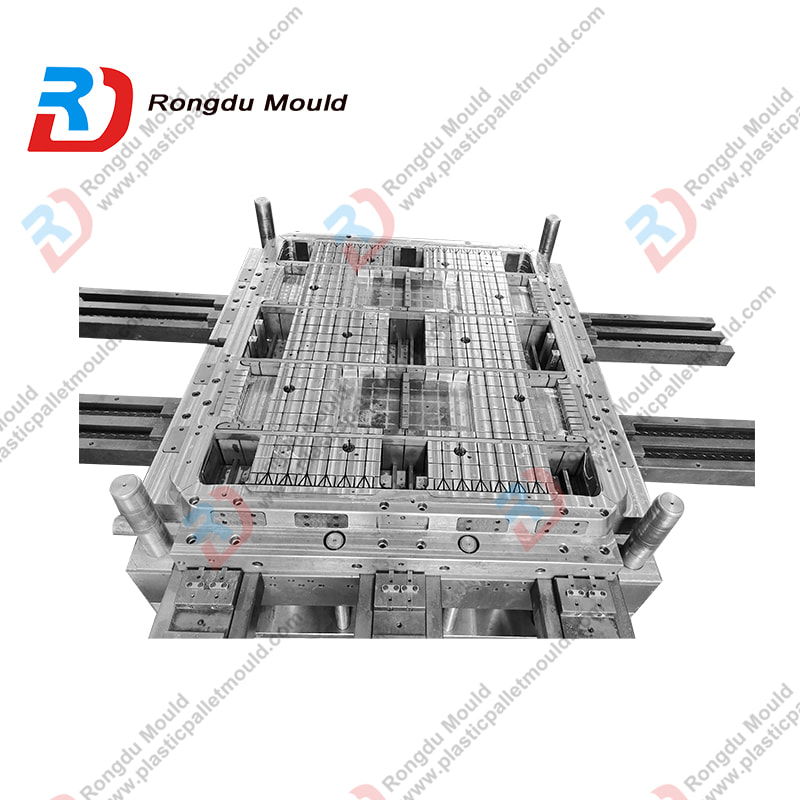Plastic pallet moulds have indeed revolutionized material handling and logistics in various industries. These moulds are used to create plastic pallets, which offer numerous advantages over traditional wooden or metal pallets. Here are some ways plastic pallet moulds have transformed material handling and logistics:
Lightweight yet Durable: Plastic pallets produced using moulds are lightweight compared to wooden or metal pallets, making them easier to handle and transport. Despite their lightweight nature, they are also durable and able to withstand the rigors of transportation and storage, ensuring a longer lifespan.
Consistency and Standardization: Plastic pallet moulds allow for the mass production of pallets with consistent dimensions and designs. This standardization facilitates compatibility across supply chains and ensures uniformity in material handling processes, leading to increased efficiency.
Hygiene and Cleanliness: Plastic pallets are easy to clean and maintain, making them suitable for industries with strict hygiene requirements, such as food and pharmaceuticals. They are resistant to moisture, chemicals, and pests, reducing the risk of contamination during transportation and storage.
Recyclability and Sustainability: Many plastic pallets produced using moulds are made from recyclable materials. This makes them an eco-friendly option, contributing to sustainable practices and reducing the environmental impact of material handling and logistics operations.
Customization Options: Plastic pallet moulds offer flexibility in design, allowing for the customization of pallets to suit specific industry needs. This includes variations in size, weight capacity, and special features such as anti-slip surfaces or nesting capabilities for space-saving during storage.
Cost-Effectiveness: Plastic pallets, once produced using moulds, offer a cost-effective solution over their lifespan. While the initial investment may be higher than wooden pallets, plastic pallets have a longer usable life and require less maintenance, leading to lower long-term costs.
Space Optimization: The consistent dimensions of plastic pallets produced using moulds enable efficient use of storage space. They can be easily stacked and nested, maximizing warehouse capacity and reducing storage costs.
Improved Ergonomics: Plastic pallets are designed with smooth surfaces and rounded edges, reducing the risk of injuries to workers during manual handling. They are also free from nails or splinters, ensuring a safer work environment.
International Shipping Compliance: Plastic pallets produced using moulds can be designed to meet international shipping standards, such as the ISPM 15 regulations for wood packaging. This facilitates smooth cross-border transportation and minimizes delays at customs.
RFID Integration: Some plastic pallets produced using moulds can incorporate RFID tags for improved inventory tracking and traceability. This enhances supply chain visibility and enables real-time monitoring of goods throughout the logistics process.


Overall, plastic pallet moulds have transformed material handling and logistics by providing a lightweight, durable, and customizable solution for packaging, storage, and transportation. With their numerous advantages and increasing adoption across industries, plastic pallets have become an essential component of modern supply chain management, contributing to greater efficiency, sustainability, and cost-effectiveness.



 English
English Español
Español 中文简体
中文简体












